In blockchain technology’s ever-evolving landscape, understanding its components’ intricacies is essential for developers. One such critical component is the RPC (Remote Procedure Call) provider. Whether you’re developing decentralized applications (DApps), deploying smart contracts, or offering blockchain-based financial services, having a solid grasp of what an RPC provider is and how to select the right one can significantly impact your project’s success.
This comprehensive guide will delve into what an RPC provider is, its importance in blockchain technology, the different types of RPC providers, and how to choose the best one for your needs. We’ll also cover the practical aspects of setting up an RPC provider, common use cases, and troubleshooting tips for common issues.
What is an RPC Provider?
An RPC provider is a server or service that allows you to communicate with a blockchain network. It bridges your applications and the blockchain, enabling you to send requests and receive responses. These requests can include querying the blockchain for data, sending transactions, and executing smart contracts.
Importance of RPC Providers in Blockchain Technology
RPC providers are vital for the functionality and efficiency of blockchain applications. They facilitate seamless interaction between your application and the blockchain, ensuring your queries and transactions are handled promptly and accurately. Without an effective RPC provider, your application’s performance could suffer, leading to slow response times and potential security vulnerabilities.
Types of RPC Providers
Understanding the different types of RPC providers can help you decide which one to use for your project. Generally, RPC providers can be categorized into three main types:
Public RPC Providers
Public RPC providers are available for anyone to use. Blockchain networks or third-party services usually offer them and can be accessed freely. However, they may experience higher traffic because they are public, leading to slower response times and potential downtime.
Private RPC Providers
Private RPC providers are dedicated servers set up specifically for a particular project or organization. They offer more control, better performance, and enhanced security compared to public providers. However, they require more resources and technical expertise to set up and maintain.
Hosted RPC Providers
Hosted RPC providers are third-party services that offer managed RPC solutions. They combine the benefits of both public and private providers by offering high performance, security, and ease of use. Services like GetBlock provide reliable hosted RPC solutions, making them an excellent choice for many developers.
Selecting the Right RPC Provider
Choosing the right RPC provider is crucial for the success of your blockchain project. Here are some factors to consider:
Performance and Speed
Performance and speed are critical for ensuring that your application runs smoothly. Look for providers that offer low latency and high throughput to handle your application’s demands.
Security Features
Security should be a top priority when selecting an RPC provider. Ensure that the provider offers robust security measures, such as encryption, authentication, and DDoS protection.
Cost
Cost is another essential factor to consider. While public RPC providers are free, they may not offer the performance and security you need. Private and hosted providers may come with a cost, but the investment can be worthwhile for the added benefits.
Compatibility with Blockchain Networks
Ensure that the RPC provider you choose is compatible with the blockchain networks you plan to use. Some providers support multiple networks, making them more versatile for various projects.
Setting Up an RPC Provider
Setting up an RPC provider involves several key steps:
- Hardware Selection: Choose the right hardware to ensure optimal performance.
- Server Configuration: Configure the server to handle requests efficiently.
- Network Connection: Connect the server to the blockchain network for data transfer and communication.
Each step demands careful consideration and expertise to ensure the system operates smoothly and securely. Hosted solutions like GetBlock simplify this process by offering managed services that handle the following:
- Hardware selection
- Server configuration
- Network connections
These services allow you to focus on building and deploying your blockchain applications without worrying about the underlying infrastructure.
Common Use Cases for RPC Providers
RPC providers are essential for various applications in the blockchain ecosystem. Here are some common use cases:
Decentralized Applications (DApps)
DApps rely on RPC providers to interact with the blockchain. Whether you’re building a decentralized finance (DeFi) application, a gaming platform, or a supply chain solution, an RPC provider ensures smooth communication with the blockchain.
Smart Contract Deployment
Deploying and managing smart contracts requires frequent interactions with the blockchain. RPC providers enable you to efficiently deploy, test, and execute smart contracts.
Financial Services
Blockchain-based financial services like crypto exchanges and payment gateways depend on reliable RPC providers to handle transactions and maintain real-time data accuracy.
Conclusion
RPC providers are indispensable for developers working on blockchain projects. They bridge the gap between your application and the blockchain, ensuring efficient and secure communication. By understanding the types of RPC providers, the factors to consider when selecting one, and the common use cases, you can make informed decisions that enhance your project’s success.
For a reliable and efficient RPC provider, consider using GetBlock. Their managed solutions offer high performance, robust security, and compatibility with multiple blockchain networks, making them an excellent choice for developers.
FAQ
What is an RPC provider?
An RPC provider is a server or service that facilitates communication between your application and a blockchain network, allowing you to send requests and receive responses.
How do I choose the right RPC provider for my project?
When selecting an RPC provider, consider factors such as performance and speed, security features, cost, and compatibility with blockchain networks.
Are there any security concerns when using an RPC provider?
Yes, security concerns can include vulnerabilities like data breaches and DDoS attacks. Ensure your provider offers strong security measures and regularly updates its systems to mitigate these risks.
What are some common issues faced when using RPC providers?
Common issues include connection errors, slow response times, and security vulnerabilities. Proper configuration, regular updates, and choosing a reliable provider can help address these problems.
Can I use multiple RPC providers simultaneously?
Using multiple RPC providers can enhance redundancy and reliability, ensuring your application remains functional even if one provider experiences issues.
How does an RPC provider differ from a blockchain node?
While a blockchain node stores the entire blockchain and validates transactions, an RPC provider acts as an intermediary, allowing your application to communicate with the blockchain network without needing to run a full node.

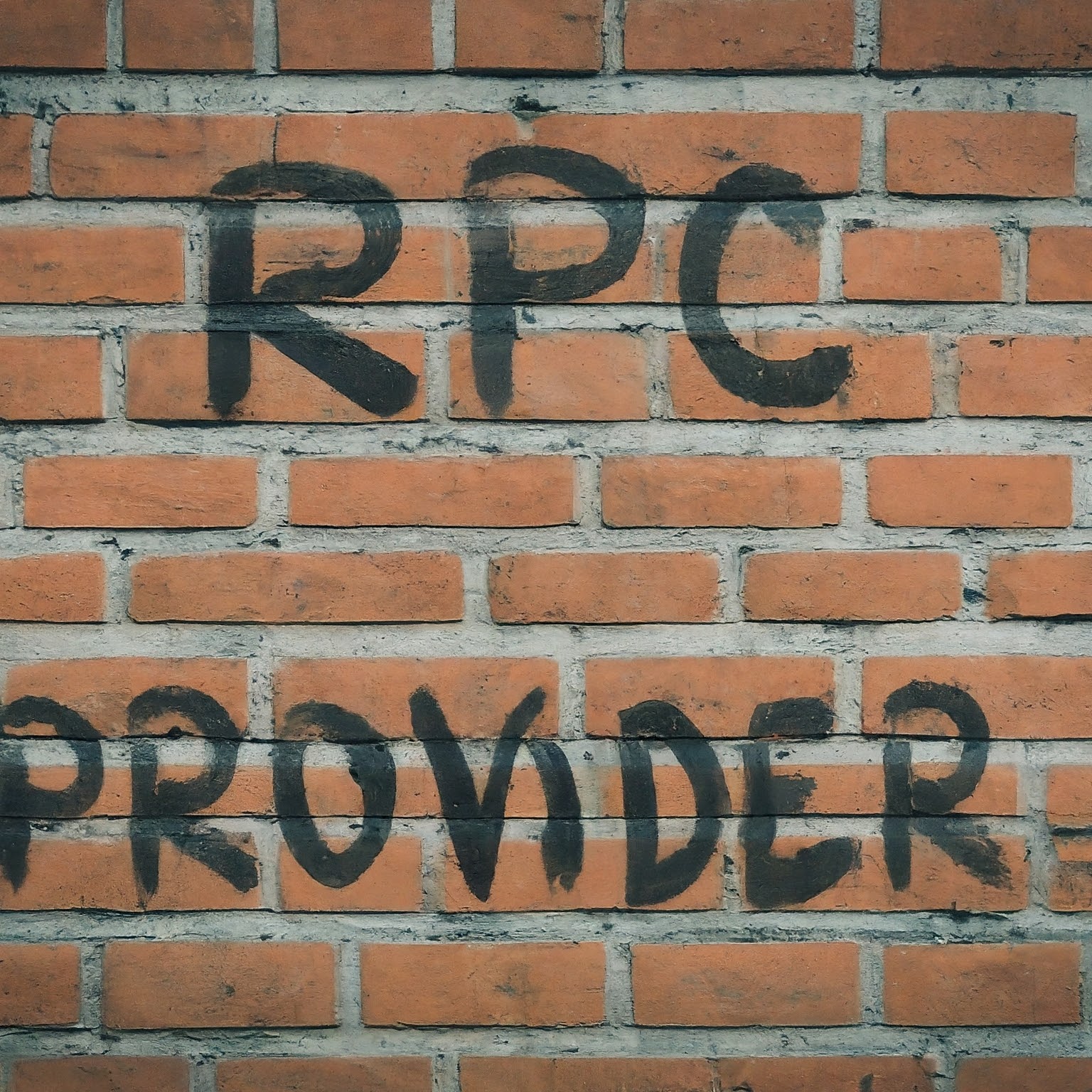
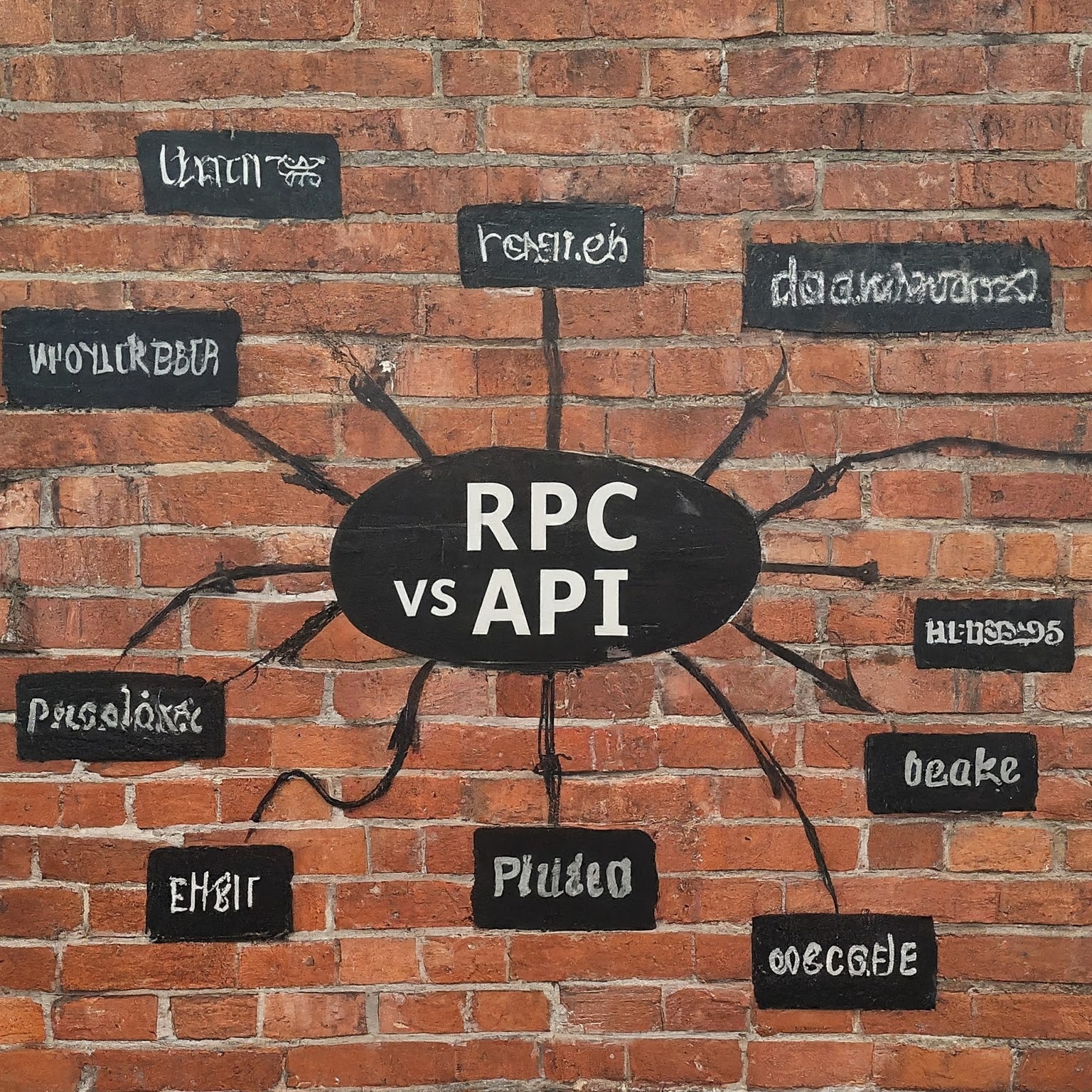
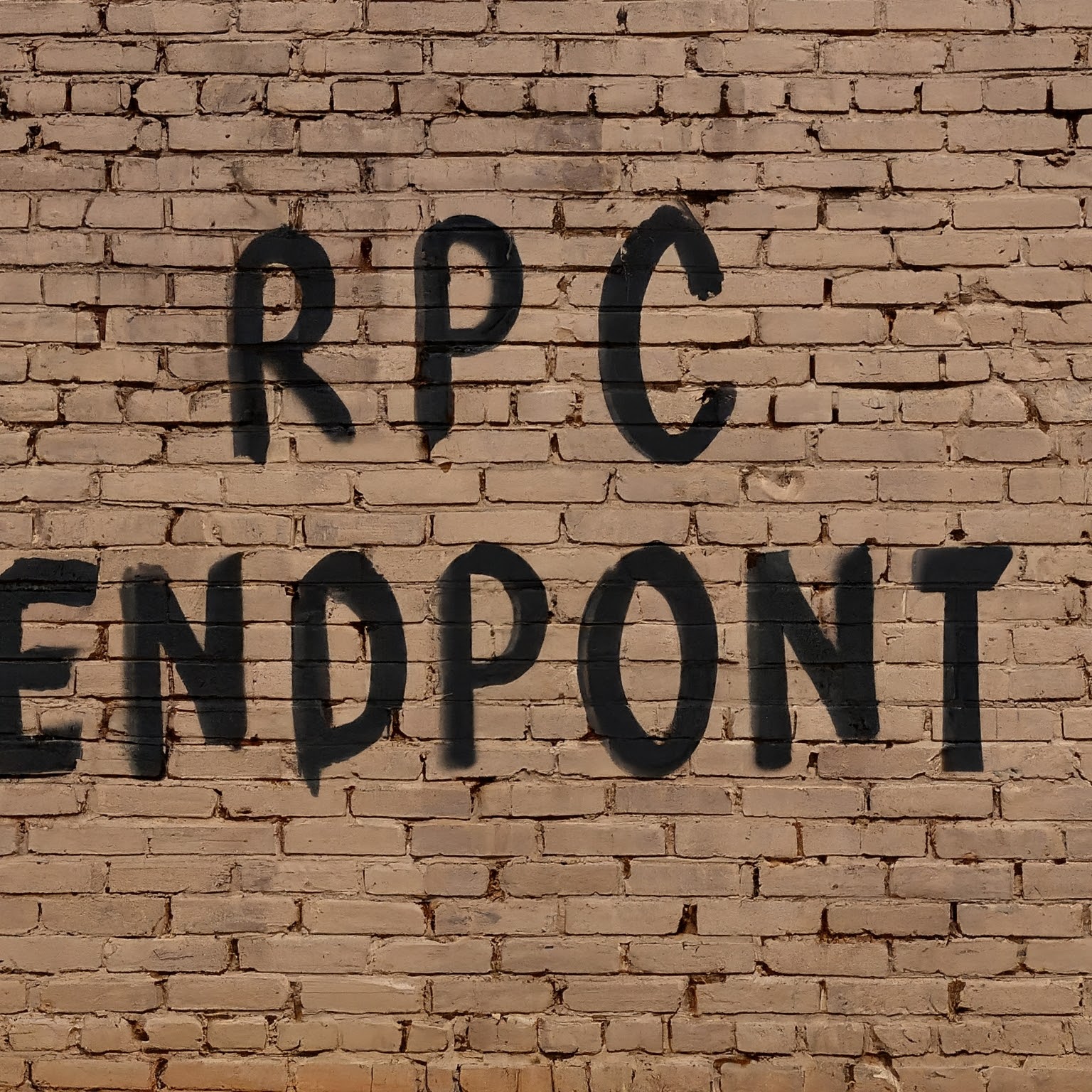
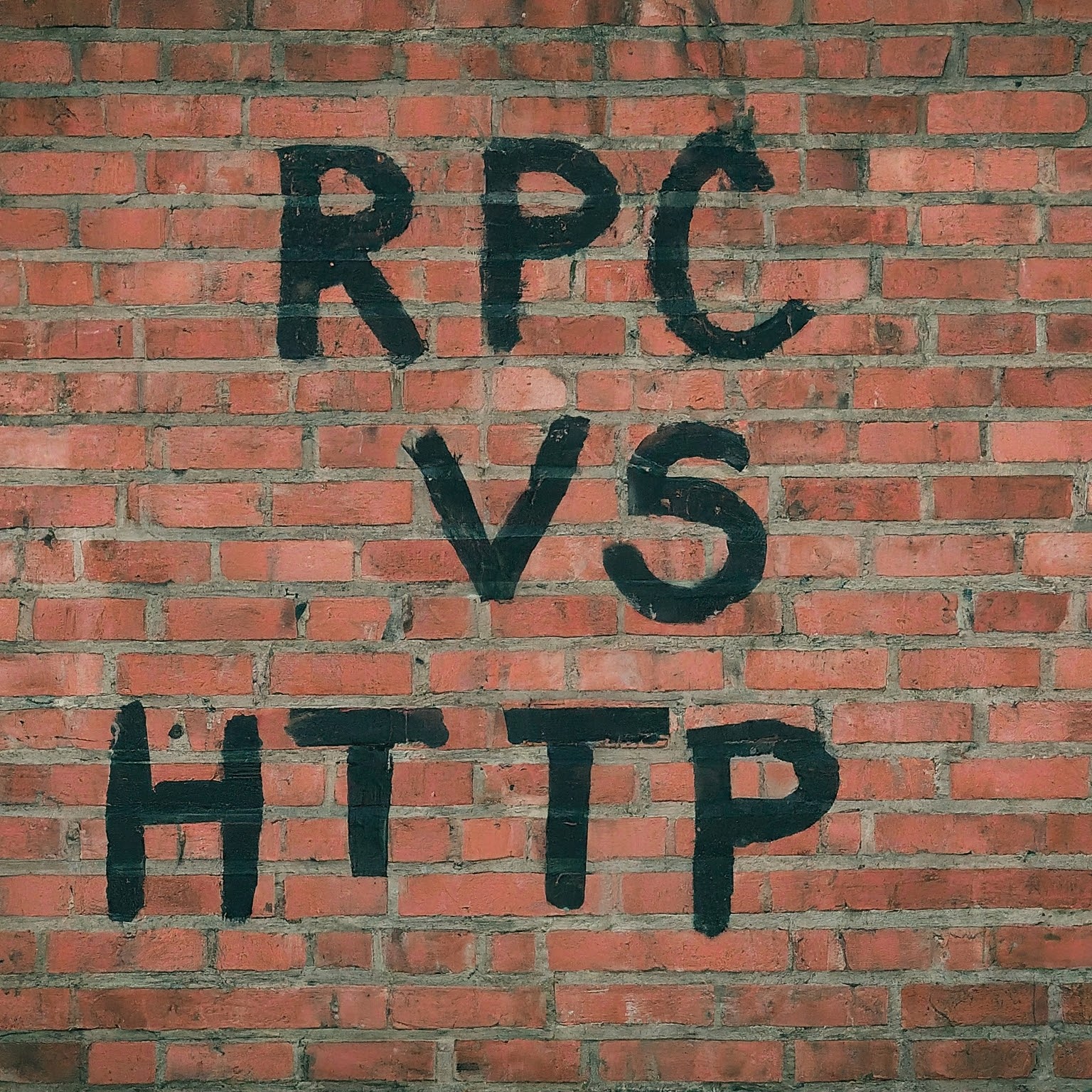
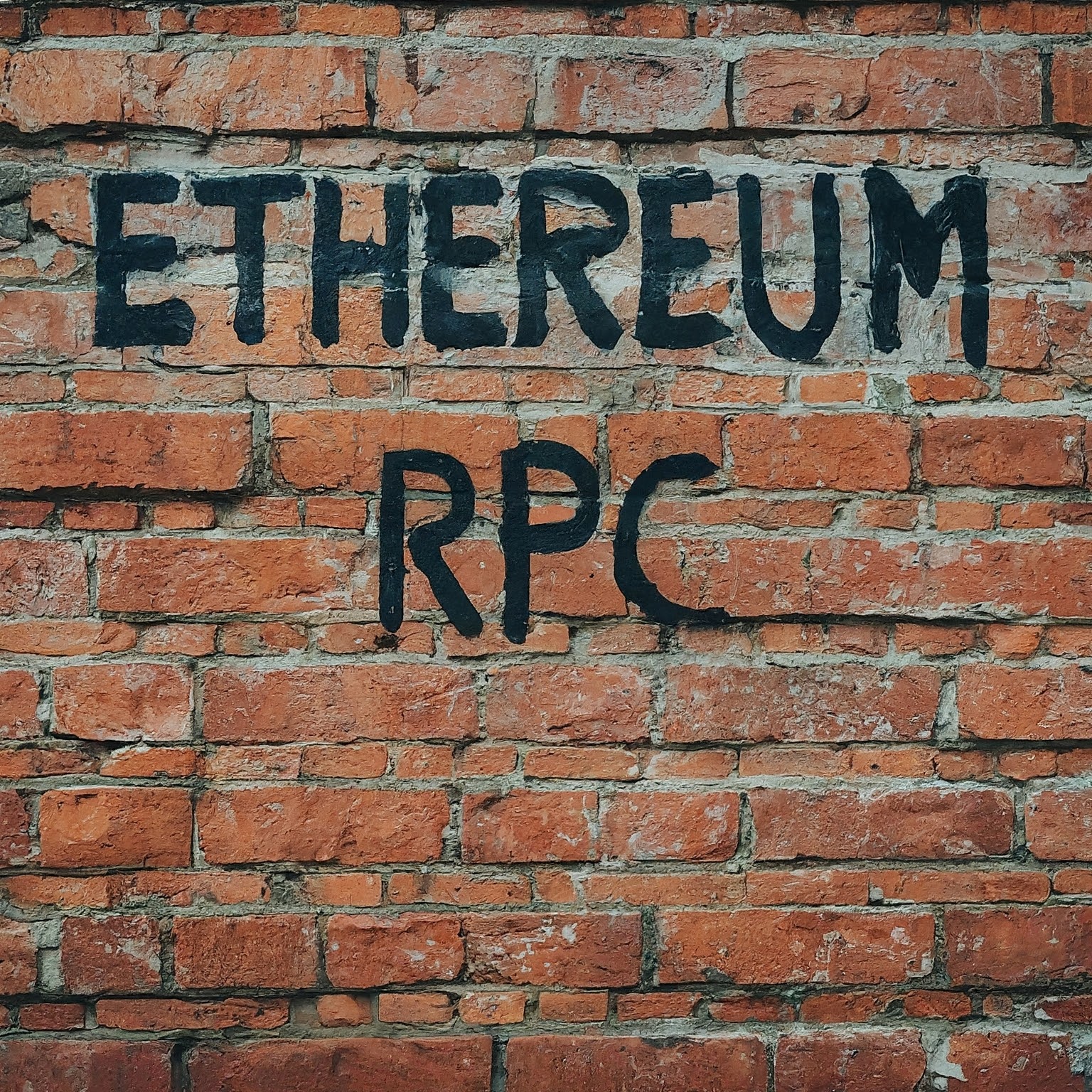
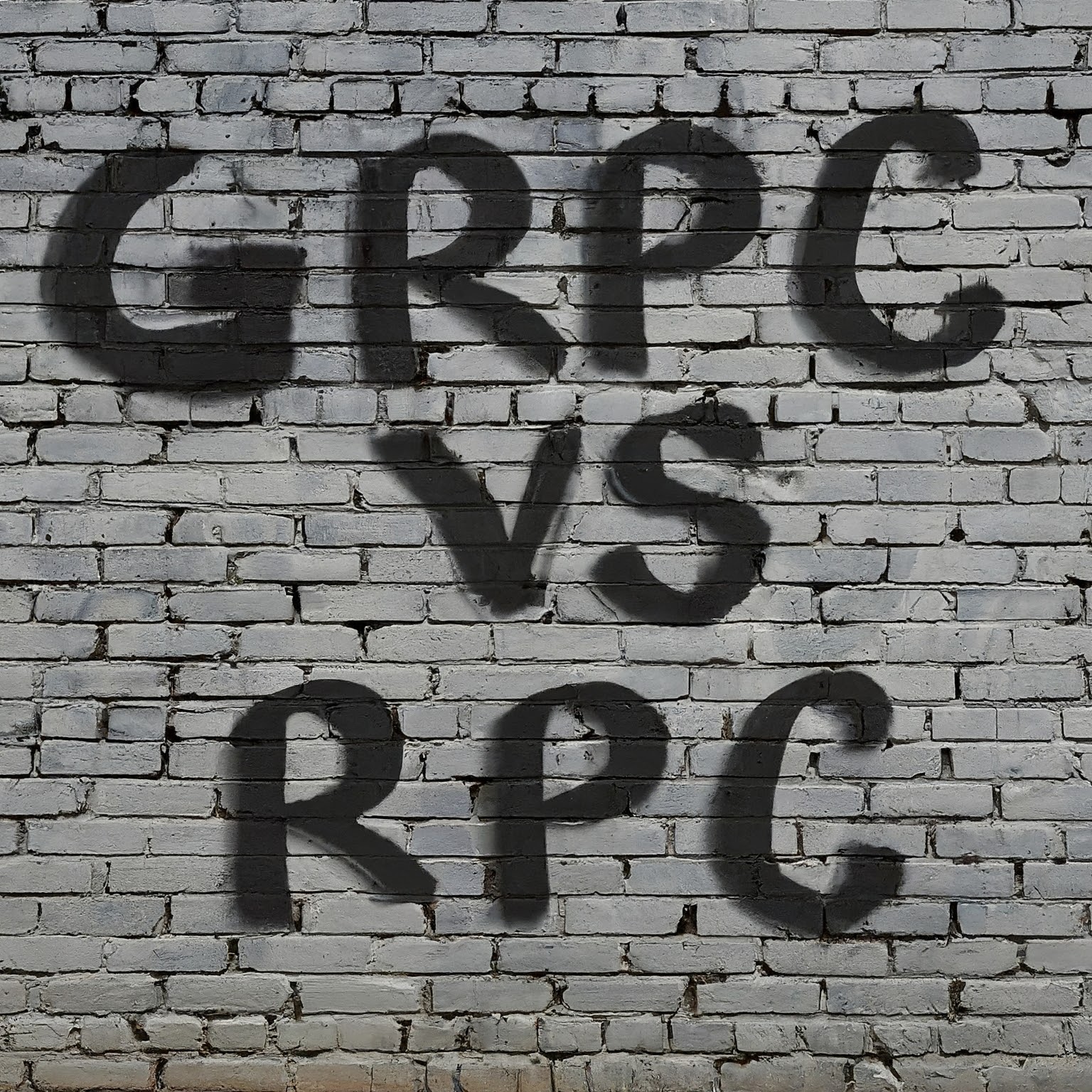
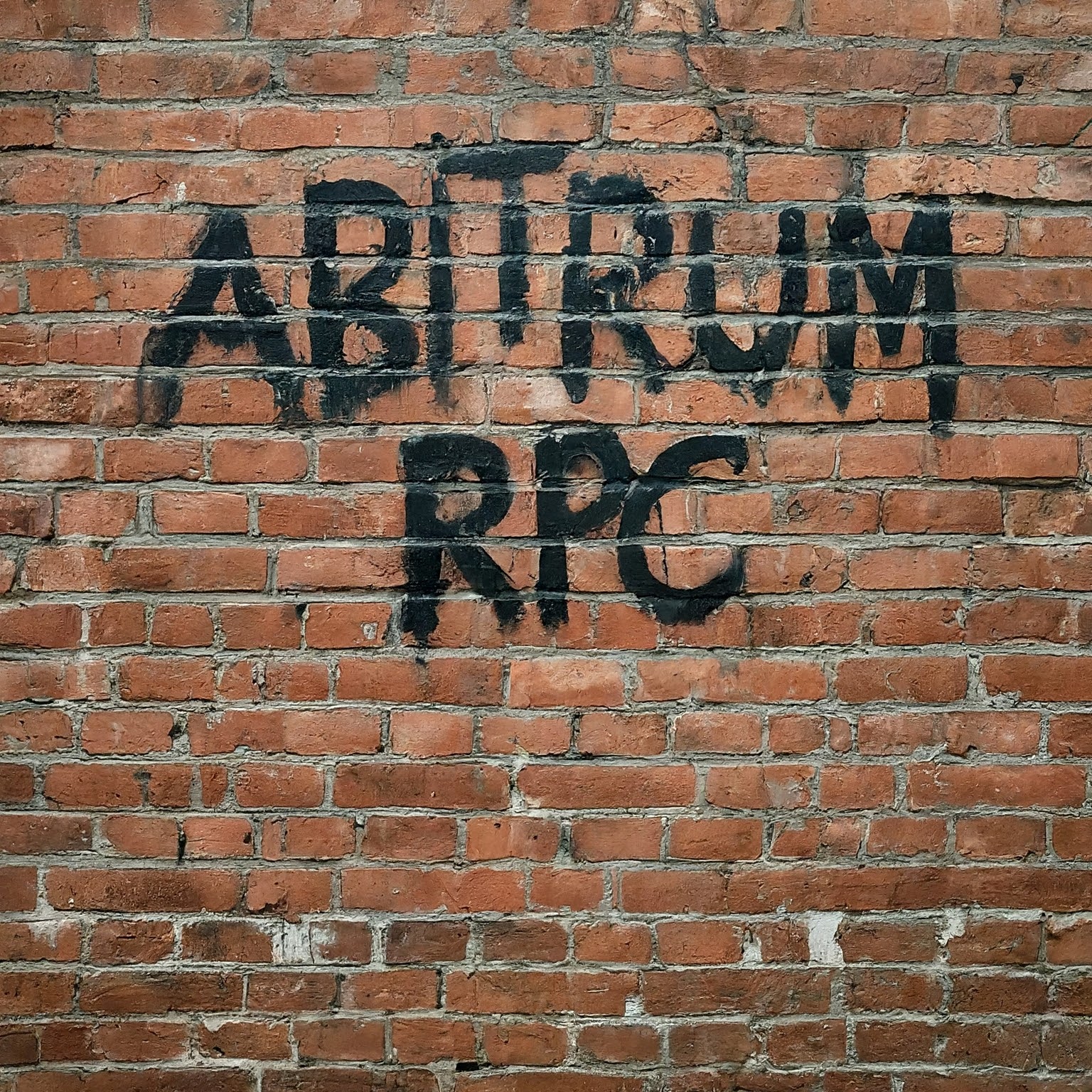

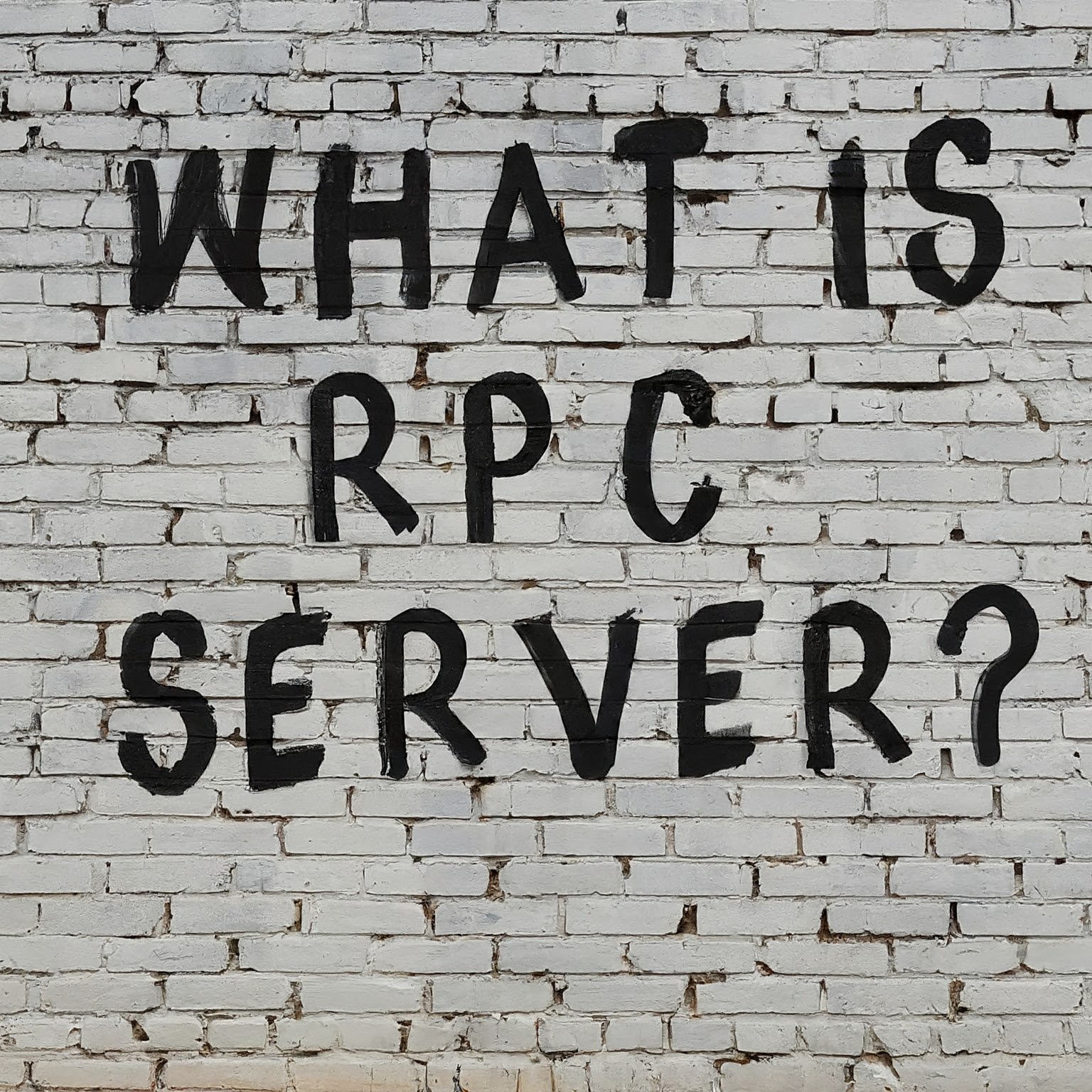
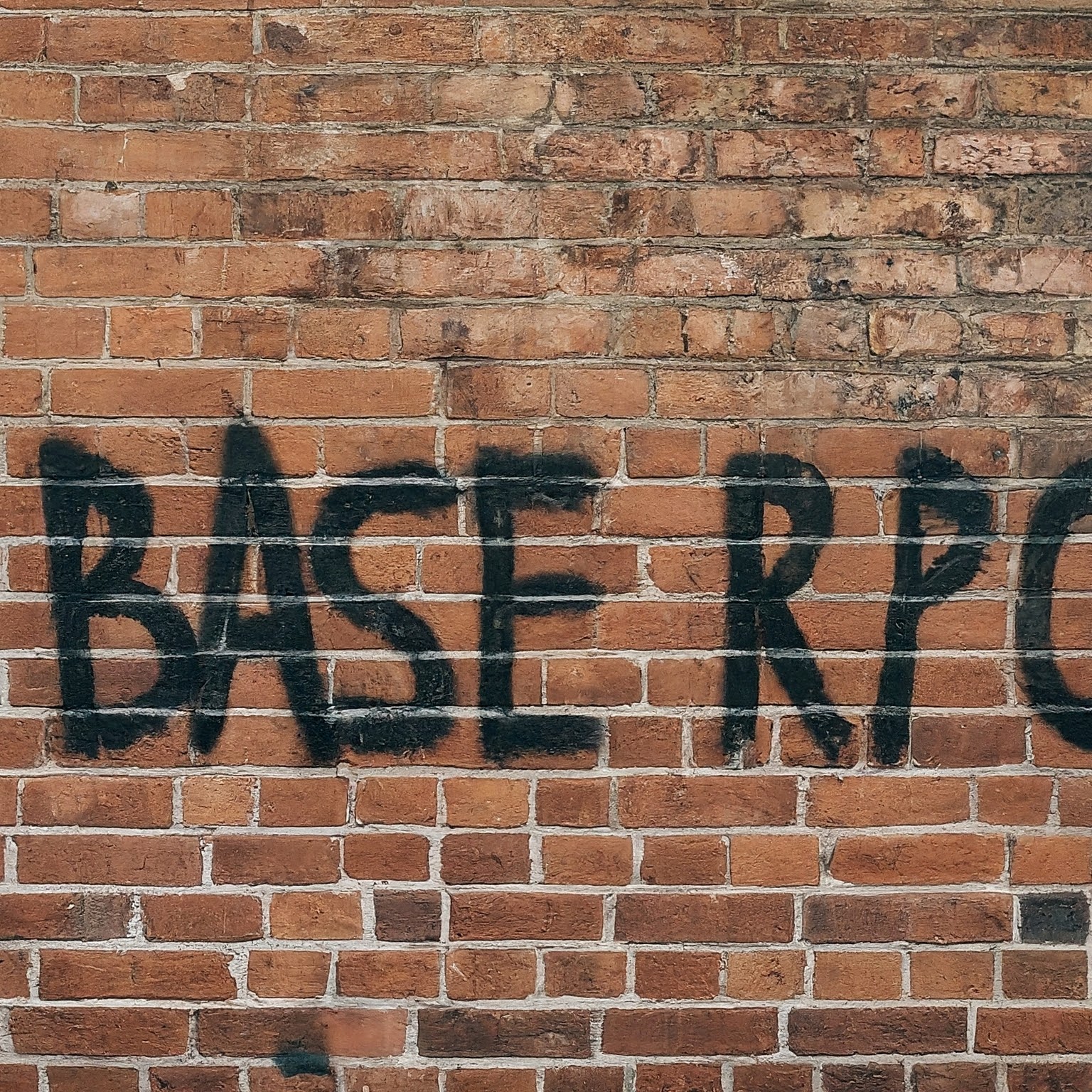
Leave a Reply
You must be logged in to post a comment.